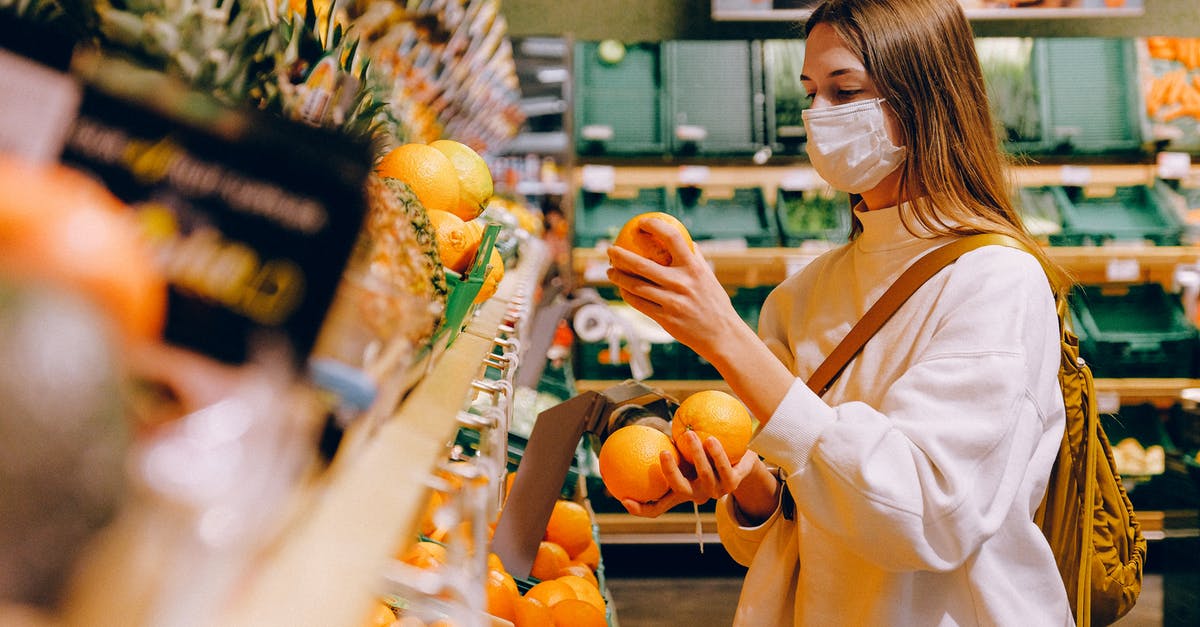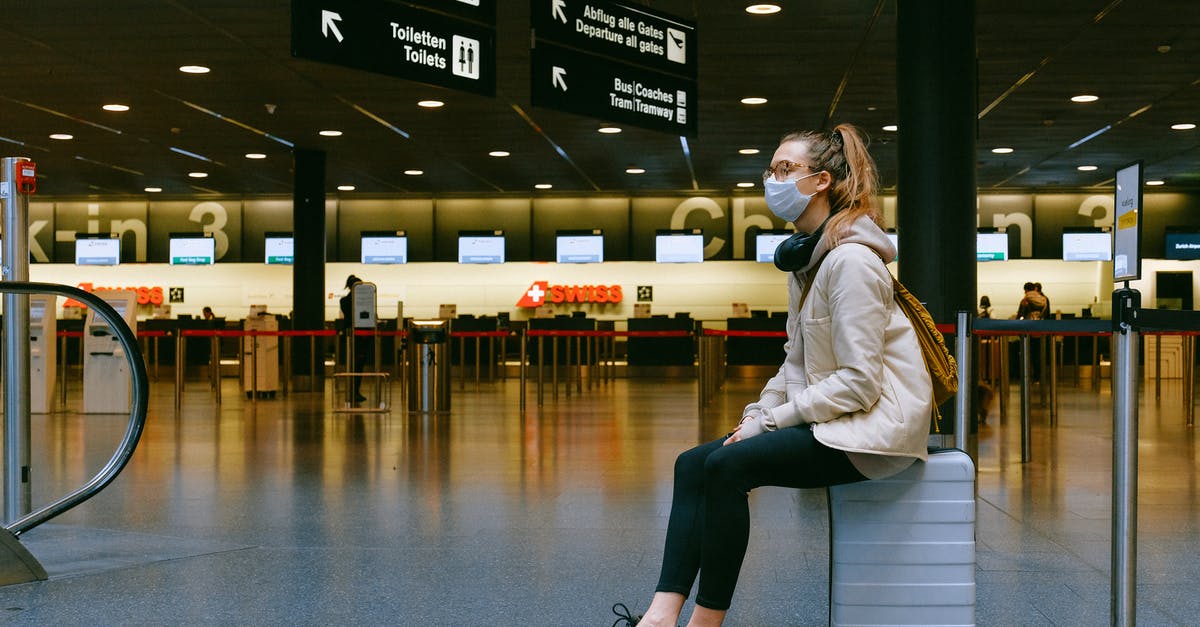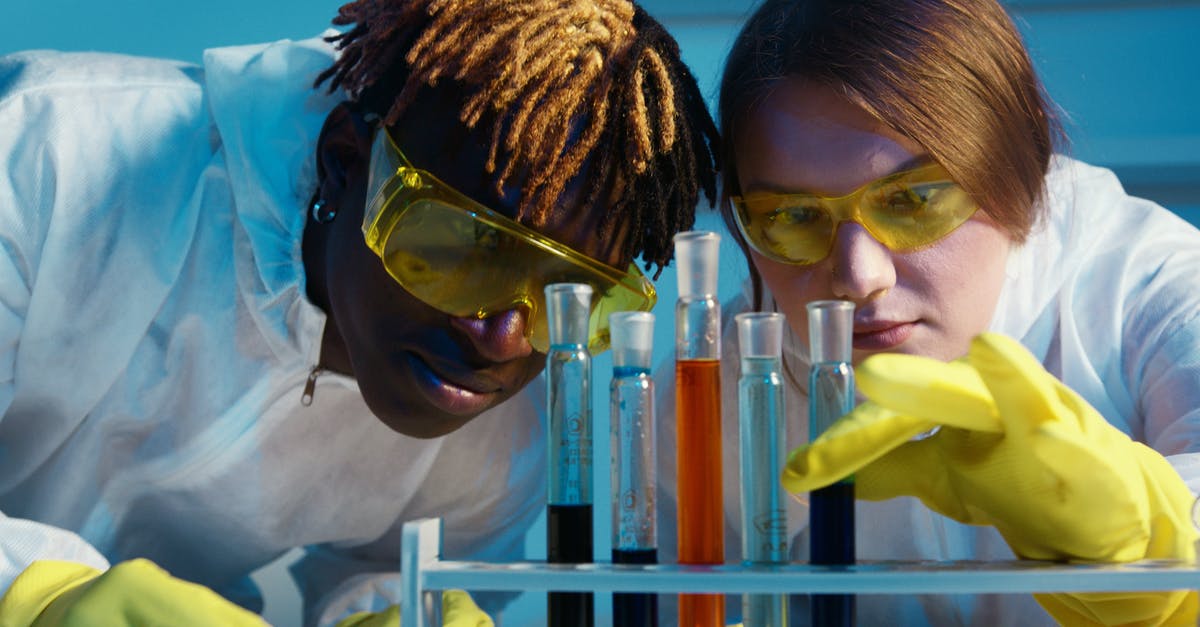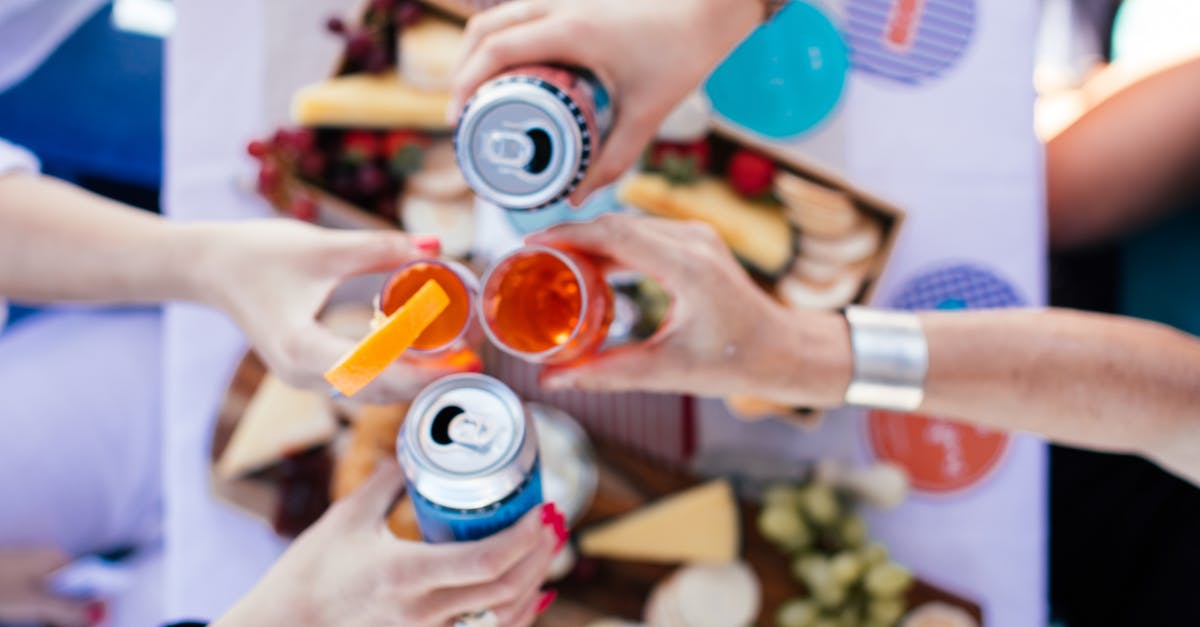How long can a virus (e.g. SARS-COV2) survive in food?

I was wondering how long a coronavirus (or viruses in general, because there's probably not that info available on coronavirus in food yet) inside food?
When Googling this question I find a lot of answers stating "There's no evidence that a coronavirus can survive on food containers an packaging" or "The ordinary precautions suffice: simply wash your vegetables and you're safe".
However... I'm interested about having the virus INSIDE food.
Let's say I have covid-19 (but am asymptomatic). I'm making something that requires contact with my hands (so possible contamination), and does NOT require baking. For example: marzipan. The virus particles might end up inside the marzipan.
How long will it last in there? I'm assuming the high sugar content will kill the virus cells rather quickly, but I'd rather be safe than sorry...
Best Answer
Kenji Lopez-Alt did a very in-depth article for Serious Eats about the coronavirus and food that is worth reading. There is no evidence of the coronavirus (or covid) being passed through food, because in general the virus would break down too quickly to be passed on. Viruses survive better on non-porous surfaces. The full article is here:
https://www.seriouseats.com/2020/03/food-safety-and-coronavirus-a-comprehensive-guide.html
Pictures about "How long can a virus (e.g. SARS-COV2) survive in food?"



COVID-19 FAQs Series – Surface Survival
More answers regarding how long can a virus (e.g. SARS-COV2) survive in food?
Answer 2
People have been studying how the coronavirus spreads. Because foodborne illnesses are common, it is standard procedure to check for patterns of foodborne transmission: That is, several people who ate the same thing all getting the disease afterwards. Because of the scope of the pandemic, we have a lot of data to check for such occurences and thus the absence of a single documented case is very strong empiric evidence that it can't happen under normal circumstances.
If the purely empirical data doesn't satisfy you, you will probably need to wait and hope someone does some experiments to explain why exactly transmission doesn't happen over food (or maybe someone would need to do an actual literature search instead of 5 minutes of googling). Covid-19 can survive the acidity of the stomach according to this open access study, so that easiest of possible explanations can sadly be ruled out. According to this page, there is a study that showed MERS-Cov can survive for some time in milk, but is deactivated by pasteurizing and no similar studies for Covid-19 exist.
Sources: Stack Exchange - This article follows the attribution requirements of Stack Exchange and is licensed under CC BY-SA 3.0.
Images: Anna Shvets, Anna Shvets, Artem Podrez, Rachel Claire
